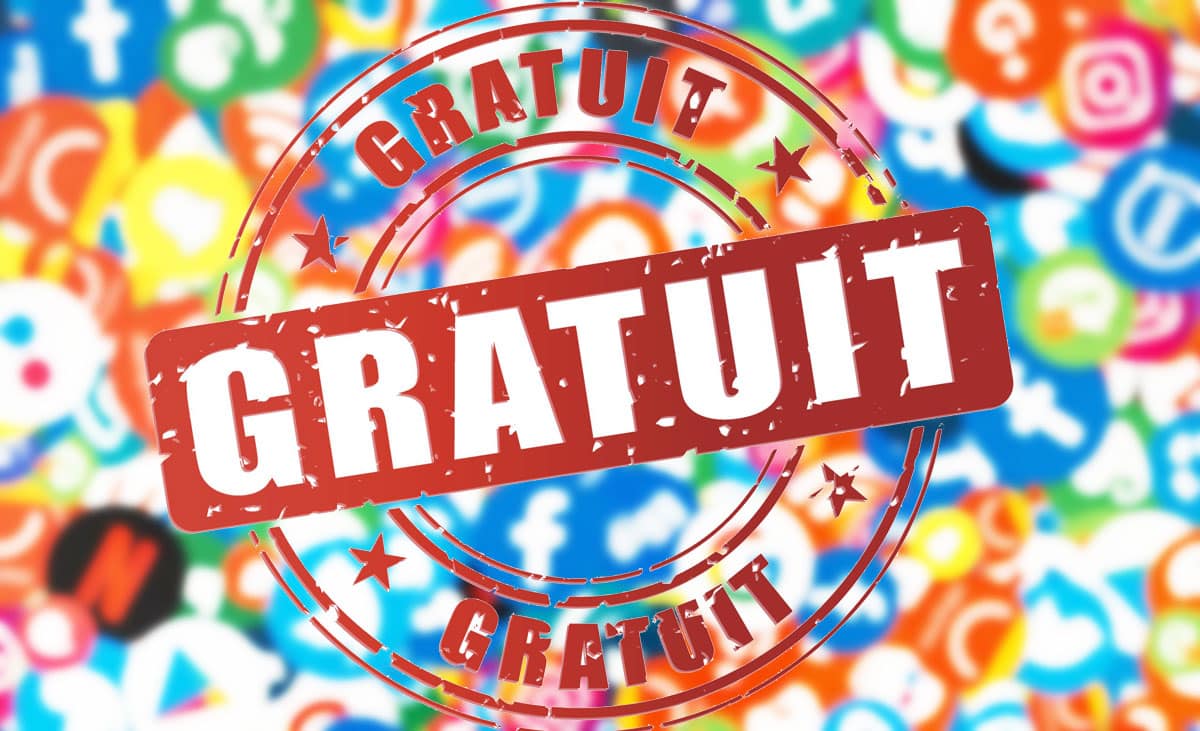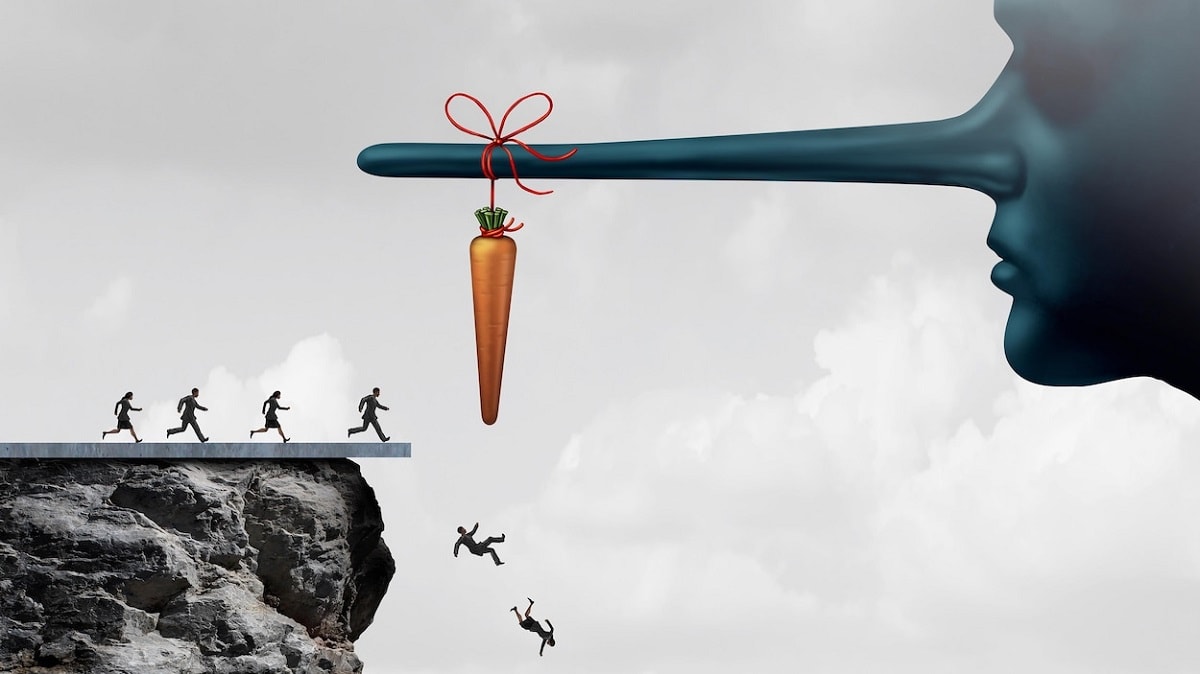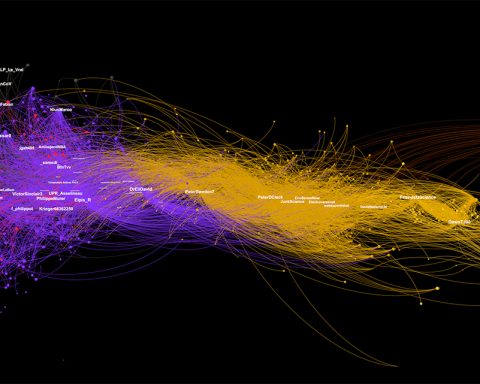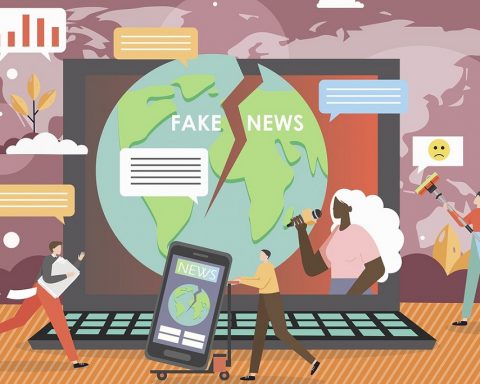The right to oblivion and neighbouring rights, two cases of very different natures have brought Google, the giant of search engines, into conflict with European justice. In both cases, one in which it is condemned and the other not, Google is trying to play the game as finely as possible. It does so by using its unrivalled supremacy and its status as a global firm, out of the norm if not out of the ground. Cases that speak volumes about the overpowering powers of the GAFA and the extraordinarily difficult attempts by states to regulate them.
There's something so obvious that nobody notices it anymore: it's impossible to use the Internet without using a search engine. Second evidence, when it comes to search engines, Google is predominant, and by far the most important one, since it handles 93.5 % of global queries. The main job of this web giant is to reference everything that happens on the Internet. The smallest document, the tiniest site, the thread that nobody has ever seen pass is there, in Google's colossal databases. It keeps everything about you, your life, your activity, if it has had the slightest echo or the slightest trace on the Internet. And this information is kept for a long, long time; for eternity. In some cases, you would prefer that certain information about you disappear. This information is often old and can be harmful to you today. This is how the demand of Internet users to formalize the "right to forget" was born. It is very simple: it consists in asking Google to dereferencing information about you.
Right to forget and legal dilemma
But it's not as simple as that. Because Google, the world's dominant content provider, also wants to defend freedom of expression. Let us not forget that it is an American company, founded by Americans for whom the First Amendment to the Constitution is sacred. Freedom of expression must not be impeded. It is on this basis that Google is contradicting the European courts, which are asking it to erase personal information on request, on the grounds of the protection of privacy. Freedom of expression versus protection of privacy, the battle over the right to oblivion loses its technical dimension to touch that of human rights.
In 2014, the European justice system has well established the right to oblivion. It allows every European to obtain, under certain conditions, the removal of links that appear in the results of a search engine after a query about his or her name. The formula seems simple but the implementation is more complicated.
When the European directive is implemented, Google is obliged to comply with it, under penalty of fines. But, playing on its status as an international firm, which operates all over the globe, the search engine only runs in Europe stricto sensu, the exclusive territory concerned by the directive. Outside Europe, that is to say everywhere else in the world, no referencing is carried out. However, anyone who has used the Internet at least once in their life will have noticed that the notion of borders is very vaporous and that the sites displayed can come from anywhere in the world. The Internet, and that is its strength, theoretically has no boundaries.
The CNIL took the case to court, arguing that the deletion of links should apply to all versions of the search engine worldwide to be effective. The US group, supported by several rights organisations, had replied that respecting the "right to oblivion" beyond the borders of the EU would have created risks for freedom of expression, particularly in some authoritarian countries. Google had therefore challenged its conviction before the French Conseil d'Etat, the country's highest administrative court, which subsequently sought the opinion of the European Court of Justice. The latter replied, in a ruling handed down on Tuesday 24 September: "The Court of Justice of the European Communities has ruled that Google's conviction is not justified. The operator of a search engine that grants a request for dereferencing (...) has no obligation under European Union law to dereferencing all versions of its engine", even though nothing prohibits it "either". » ». To put it plainly, " EU law obliges the operator of a search engine to dereferencing the versions of its search engine corresponding to all Member States. ", he points out. Corresponding to all Member States, i.e. in Europe. And not elsewhere.
Why not enjoy unlimited reading of UP'? Subscribe from €1.90 per week.
" One cannot impose extraterritorial effects for the dereferral of a person "Yann Padova, a lawyer in charge of personal data issues at the Baker McKenzie Paris law firm, told AFP. « What would we say if China were to demand the dereferencing of content accessible to the French? ", he questioned. His colleague Alexandre Lazarègue, a lawyer at the Paris Bar, does not share the same opinion; he believes that decisions concerning the Internet "... are not a matter of chance. have no meaning that if they have no geographical boundaries ». He goes on to point out that " the extraterritorial nature of many U.S. laws shows that it is possible to extend the application of a rule to the rest of the world ".
Lawyer Sabine Marcellin, founder of the firm Aurore Legal, points out that this question of the right to forget is not yet closed and that different approaches to the law currently coexist in the world. This is the case of the Canadian Supreme Court, which considered in a decision of June 28, 2017, that the right to oblivion has a global scope. It's an imbroglio that does Google's business: the American giant is playing cat and mouse with the law; by pushing it into its entrenchments, it is playing the cleverest game to protect its interests.
Neighbouring rights under pressure
Google is finally adopting the same tactic in the other case that is currently taking shape. The neighbouring rights case. What's the case about? Last March a directive was adopted by the European Union establishing a "neighbouring right" for the benefit of press publishers (who publish newspapers and magazines) and news agencies. The measure is supposed to help them get paid for taking over their content on online platforms and other aggregators, to offset the collapse of their traditional advertising revenues, while the Net giants, including Facebook and Google, take the lion's share of online advertising revenue.
This directive had been the subject of an intense lobbying battle in Brussels, with an unprecedented mobilisation of the GAFA, which had argued, among other things, that it would reduce freedom of expression on the internet. Media companies, on the contrary, saw it as a necessity to continue producing quality information.
Finally, the directive has been adopted and France has transcribed it into French law with implementation as of next October. It will be the first European country to do so.
In concrete terms, when the Google search engine answers one of your queries by proposing a link with an image and the beginning of a text concerning a press article (this is the case in Google News), it will have to pay copyright to the media concerned. An obligation that is difficult to digest for Google, which has no desire to pay any copyright. Nevertheless, the American giant is obliged to comply with French law.
In order to resolve this dilemma, Google is going to show cynicism and thinly veiled threats. In order to comply with the law, it will refrain from presenting any excerpts of content or images from the media in responses to queries made on its search engine. In a press release to the media, Google clarifies the rules of the game: "... the search engine will not show any content or images from the media. Currently, when we display news search results, you will see a headline, with a link directly to the relevant news site. In some cases, we also provide an overview of the article, for example a few lines of text or a small image called " vignette ".. "When French law comes into force, we will no longer display a content overview in France for European newspaper publishers.
If Google did that, it would have to pay a fee. So it will do the minimum service. Very minimal since the media will be almost invisible from the search results, reduced to a "dry link" to the publisher's information. But it is a strong presence in the engine that drains a considerable part of the media traffic. If they are poorly referenced by Google, their audience will drop or even collapse, and their advertising revenues will follow the same path.
Google, magnanimous, nevertheless offers them a solution to avoid this announced disaster: if they explicitly accept that their excerpts of articles and images appear in Google, the engine will display the results as before, but of course without paying a cent. The media are trapped by an overpowering Google. Carlo Perrone, president of the European Newspaper Publishers Association (ENPA), denounced "a coup de force" and an "unacceptable diktat" that places "the media is trapped by an overpowering Google. the media faced with a fait accompli: either they give the American giant their content for free or they will be heavily penalized by the search engine ".
The French media can consider themselves lucky because Google offers them a choice and still allows them to be referenced in its engine. The Spanish media did not have the same chance in 2014: Google had simply shut down its Google News, leading to a dramatic drop in the audience of Iberian online media.
To fight against disinformation and to favour analyses that decipher the news, join the circle of UP' subscribers.
Google ensures that what it stands for is in the interests of Internet users, preventing search results from being distorted by commercial considerations. « We have never paid to include results in searches and we don't pay to include links in results "...because..." it would undermine the confidence of our users "said Richard Gingras, Google's Vice President of Information. What do you want, money is dirty, it's perverted; it's one of the richest companies in the world telling you that. You have to believe it.













